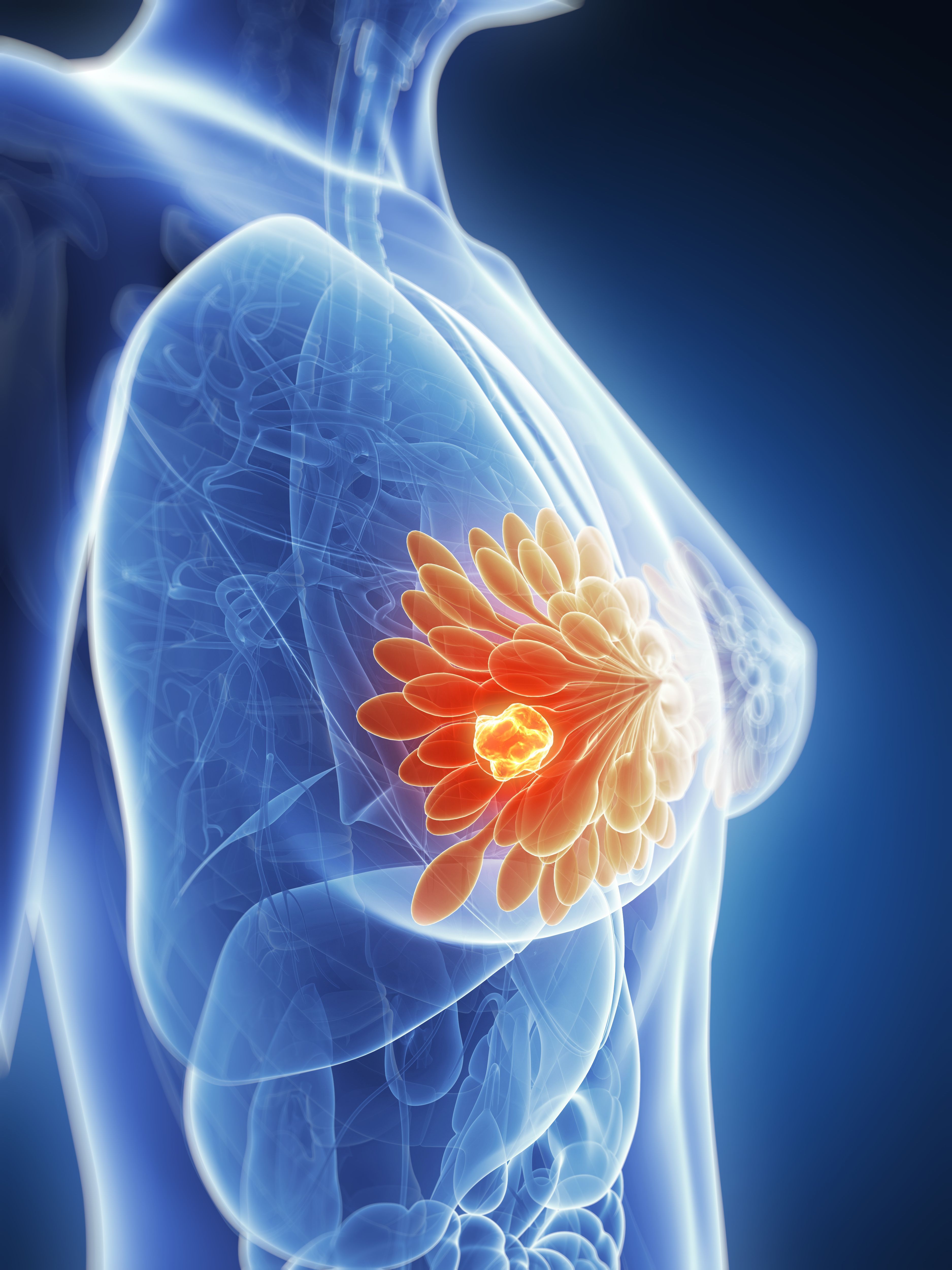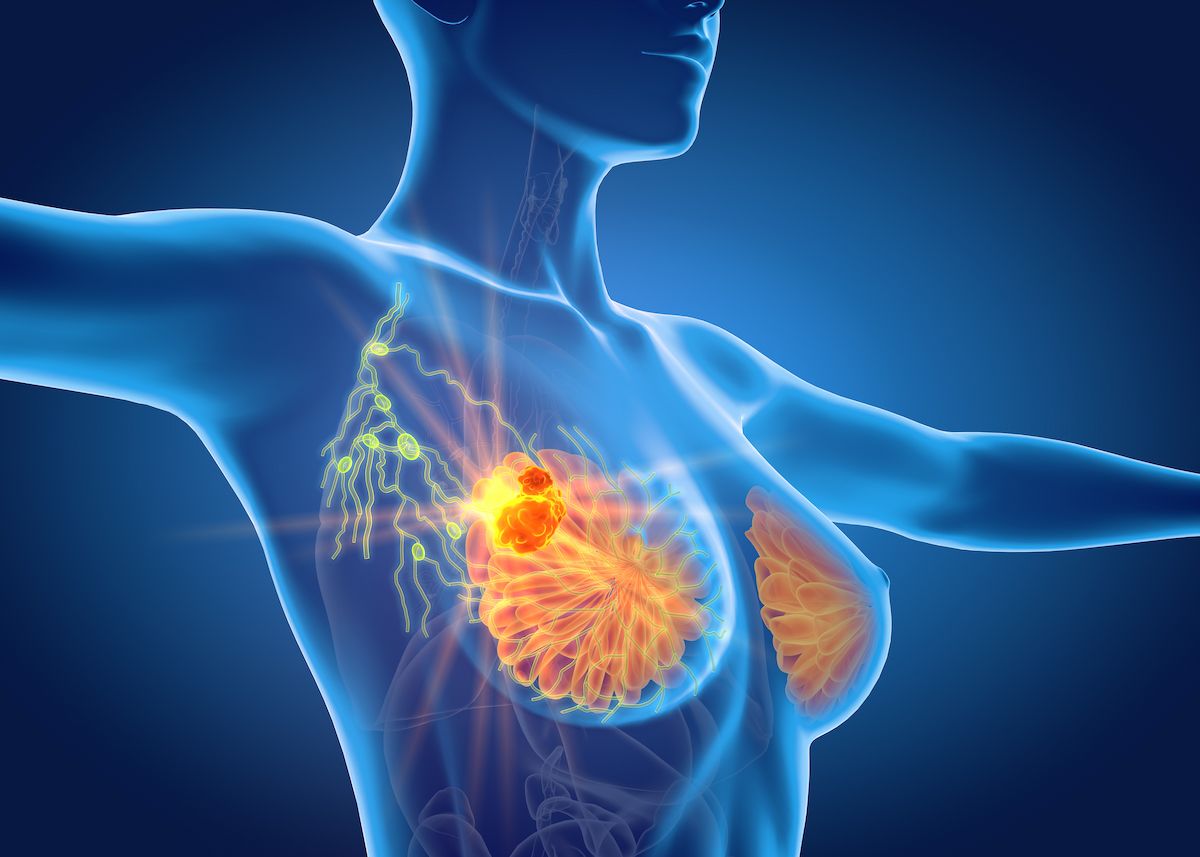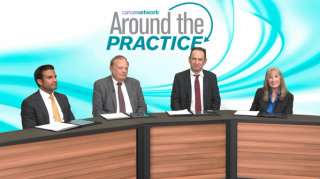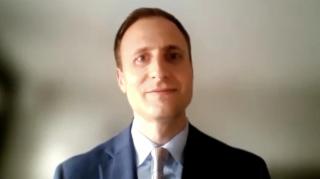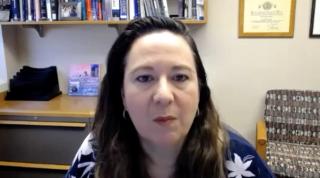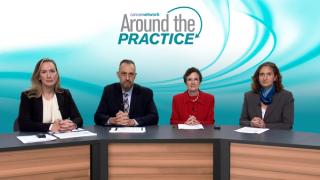
Breast Cancer
Latest News

Latest Videos

CME Content
More News

Exercise and healthy lifestyles can lower the risk of cancer or the symptoms of cancer treatment despite having genetic dispositions, said Neil M. Iyengar, MD.

Companion diagnostic designation for FoundationOne CDx may improve access to treatment with capivasertib plus fulvestrant among patients with hormone receptor–positive, HER2-negative breast cancer harboring select alterations.
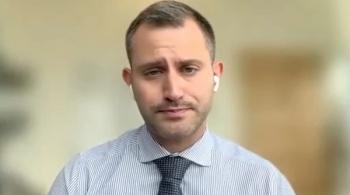
Additional research is needed to confirm whether capivasertib/fulvestrant offers increased benefit in patients with locally advanced or metastatic breast cancer not harboring AKT pathway alterations.

Paolo Tarantino, MD, gives an overview on how the recently approved combination of capivasertib plus fulvestrant can help improve treatment strategies for patients with locally advanced or metastatic breast cancer that is hormone receptor–positive, HER2-negative breast cancer

Patients with locally advanced or metastatic breast cancer that is hormone receptor–positive, HER2-negative breast cancer with 1 or more PIK3CA, AKT1, or PTEN alterations may now receive capivasertib plus fulvestrant.

Sara M. Tolaney, MD, MPH, gives an extensive overview on the current breast cancer landscape and available treatment options.

Investigators note that prospective research is needed to confirm the efficacy of vitamin D supplements in preventing chemotherapy-induced peripheral neuropathy in patients with breast cancer.
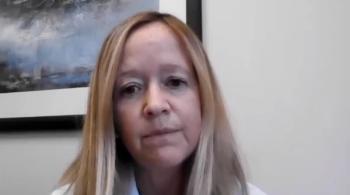
The Hispanic Breast Cancer Clinic at Northwestern Memorial Hospital includes a social worker, nurse practitioners, a medical oncologist, a radiation oncologist, and surgeons, says Claudia Tellez, MD.

The goal of creating the Hispanic Breast Cancer Clinic at Northwestern Memorial Hospital is to establish a safe space for Hispanic patients, says Claudia Tellez, MD.

Investigators are assessing rhenium obisbemeda as a treatment for breast cancer harboring leptomeningeal metastases as part of the phase 1/2a ReSPECT-LM trial.

Several factors may contribute to the low Hispanic breast cancer population at Northwestern Memorial Hospital, including a lack of resources and a focus on other disease types.

Patients with breast cancer harboring BRCA1/2 mutations appear to be more likely to undergo mastectomies than those without, according to Zachary Kiss, DO.

Rebecca M. Shulman, MD, and Zachary Kiss, DO, discuss findings from a study evaluating differences in outcomes with radiotherapy and disease characteristics of patients with breast cancer harboring BRCA mutations compared with those without mutated disease.
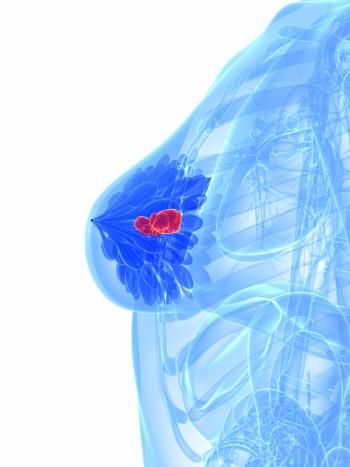
Paige Lymph Node is the first artificial intelligence application of its kind to receive breakthrough device designation from the FDA for detecting breast cancer metastases.
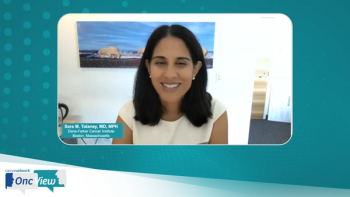
Sara M. Tolaney, MD, MPH, concludes the program with advice for community oncologists who are treating patients with breast cancer.

ERBB2, FAT3, and FRS2 alterations appear to correlate with improved progression-free survival with ribociclib compared with placebo in patients with advanced breast cancer.

Data from the phase 3 TROPION-Breast01 trial support datopotamab deruxtecan as a potential treatment option for those with hormone receptor–positive breast cancer.

Results from an updated analysis of the DESTINY-Breast04 trial indicate an efficacy improvement when trastuzumab deruxtecan monotherapy is used for patients with HER2-low metastatic breast cancer.
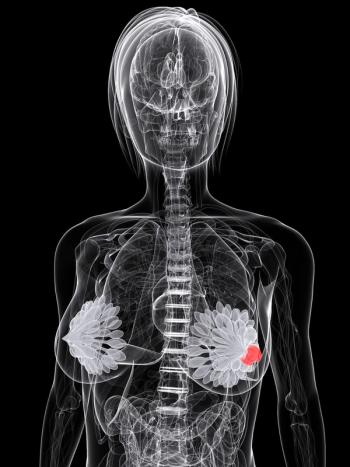
The phase 3 KEYNOTE-756 trial yielded an increased pathological complete response for those with high-risk, early-stage, estrogen receptor–positive, HER2-negative breast cancer receiving pembrolizumab plus chemotherapy followed by adjuvant pembrolizumab plus endocrine therapy.

Event-free survival benefits with pembrolizumab plus chemotherapy in the phase 3 KEYNOTE-522 trial appear to be consistent in triple-negative breast cancer across subgroups based on nodal status, tumor size, and PD-L1 status.

Five-year data from the monarchE trial support adding adjuvant abemaciclib to endocrine therapy for patients with hormone receptor–positive, HER2-negative breast cancer.

A breast oncologist looks to the future of breast cancer treatment and discusses emerging therapies and ongoing clinical trials.

Expert perspectives on the treatment landscape for triple-negative breast cancer and the evolving role of immunotherapy in this space.
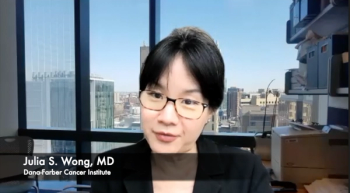
Hypofractionated radiotherapy yields less financial toxicity than conventionally fractionated radiotherapy in patients with breast cancer who have undergone reconstruction following mastectomy.

Those with breast cancer who have undergone implant-based reconstruction following mastectomy have similar outcomes with hypofractionated vs conventionally fractionated radiotherapy.


